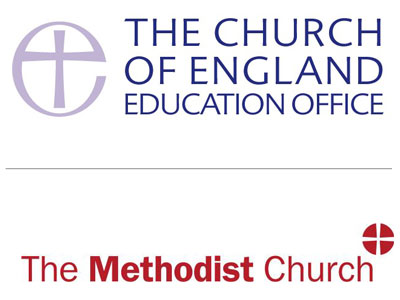Home » Key Information » SIAMs Report
SIAMs Report
Statutory Inspection of Anglican and Methodist Schools (SIAMS) Report
We are very proud of the report that our school was awarded in January 2025. It strongly states how St Mary’s Vision and values meet the needs of our community and bring fullness of life to all.
St Mary’s Church of England Primary School is living up to its foundation as a Church school and is enabling pupils and adults to flourish. It has the following notable strengths.
Strengths
• The deeply embedded Christian vision is the driving force for leaders’ actions. This directly benefits the pupils and adults in the school enabling them to grow, leading to opportunities to flourish.
• The innovative curriculum is highly effective in ensuring pupils experience the joy of learning and achieve well.
• Leaders and staff are aspirational for pupils and work diligently to ensure barriers to learning are removed. As a result, the words of the vision are a lived experience, with pupils able to ‘live life in all its fullness’.
• High quality support provided by leaders enhances religious education (RE). This enriches pupils’ knowledge and understanding of a range of worldviews and faiths, including Christianity.
• The school’s relationship with the local church and clergy is strong. This partnership is highly valued by the community, strengthening the Christian ethos and the effectiveness of this as a Church school.








